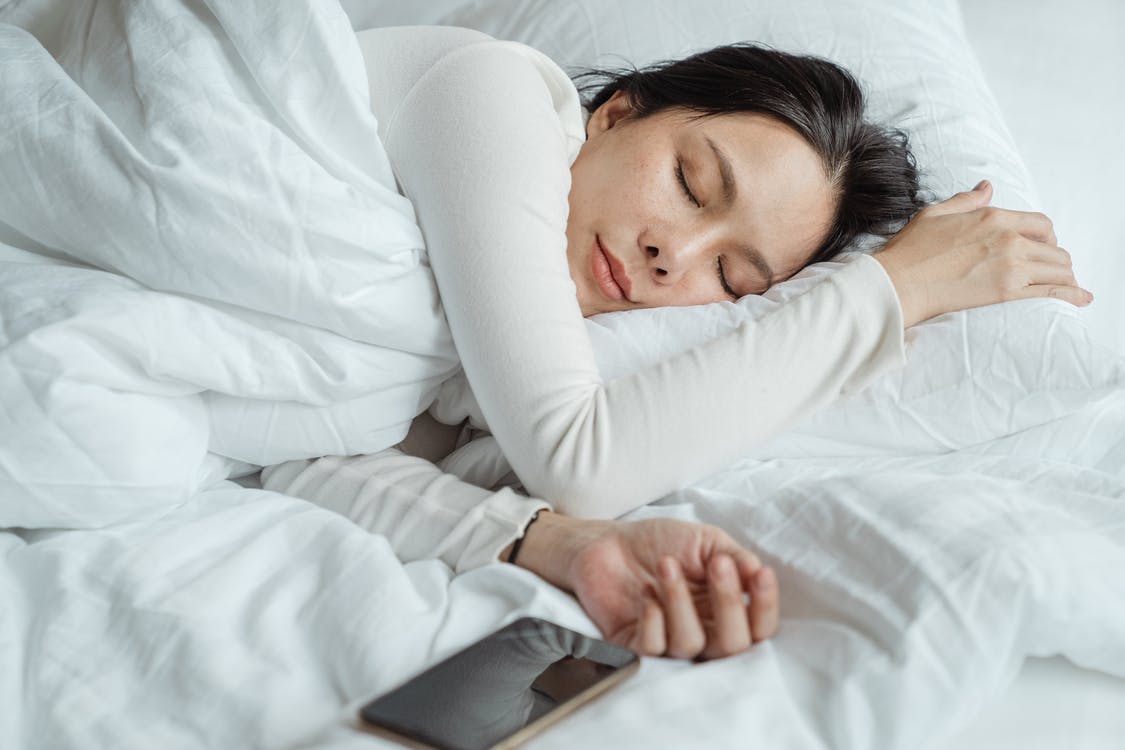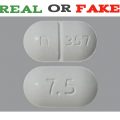According to Wikipedia, sleep is a naturally recurring state of mind and body, characterized by altered consciousness, relatively inhibited sensory activity, reduced muscle activity and inhibition of nearly all voluntary muscles. Scientific research makes it clear that sleep is essential at any age. Sleep powers the mind, restores the body, and fortifies virtually every system in the body. But how much sleep do we really need in order to get these benefits?
National Sleep Foundation guidelines advise that healthy adults need between 7 and 9 hours of sleep per night. Babies, young children, and teens need even more sleep to enable their growth and development. People over 65 should also get 7 to 8 hours per night.
Knowing the general recommendations for how much sleep you need is a first step. Then it’s important to reflect on your individual needs based on factors like your activity level and overall health. And finally, of course, it’s necessary to apply healthy sleep tips so that you can actually get the full night’s sleep that’s recommended.
However many people have learnt the act of faking sleep to avoid meeting people, evade punishment, gain some benefits, evade school or work.
How to tell if someone is faking sleep
Breathing: Notice how they’re breathing. If someone has long, even, gentle breaths, they’re probably asleep. If you hear any pauses in breathing, then audible exhales, that’s a case of sleep apnea. Also unlikely they’re faking, as people who fake sleeping don’t want your attention, and hearing someone ceasing to breathe is fairly alarming.
Face flick: One good way to determine if a person is truly sleeping or not is to try the old face flick. Emergency responders use it sometimes to try to determine whether a person is truly out or just playing possum. One gentle flick to the upper cheek with your thumb and forefinger is typically all you’ll need to get results. If the person is faking, he or she will flinch. If not, you’ll wake the person up rudely.
Fake Snore: Generally a person can’t fake how they snore, unless explicitly recording and listening to it. If you know how they typically sound, you can easily tell the difference.
Eyes: Check for rapid eye movement under a closed eyelid. You can hardly fake that because it’s a bit stressful to keep doing, and bravo to the one who does that, without peeking to see if you’re still in the room, all while maintaining steady breathing.
Pulse: If you can manage to take their pulse without waking them, see if it’s in the 40’s and 50’s. This doesn’t count during REM sleep.
Hearing: Whisper to them about a serious emergency, or some level of threat. Something they will definitely respond to. “Psst… I’m getting married……….
Importance of good sleep
Effect on weight
Poor sleep is strongly linked to weight gain. People with short sleep duration tend to weigh significantly more than those who get adequate sleep. In fact, short sleep duration is one of the strongest risk factors for obesity.
Good Appetite
Studies show that sleep-deprived individuals have a bigger appetite and tend to eat more calories. Sleep deprivation disrupts the daily fluctuations in appetite hormones and is believed to cause poor appetite regulation.
Boost athletic performance
Sleep has been shown to enhance athletic performance. In a study on basketball players, longer sleep was shown to significantly improve speed, accuracy, reaction times, and mental well-being. Less sleep duration has also been associated with poor exercise performance and functional limitation in older women.
Prevents heart disease
Sleep quality and duration can have a major effect on many health risk factors. These are the factors believed to drive chronic diseases, including heart disease. A review of 15 studies found that people who don’t get enough sleep are at far greater risk of heart disease or stroke than those who sleep 7–8 hours per night.
Boost mental health
Mental health issues, such as depression, are strongly linked to poor sleep quality and sleeping disorders. It’s been estimated that 90% of people with depression complain about sleep quality. Poor sleep is even associated with an increased risk of death by suicide.






